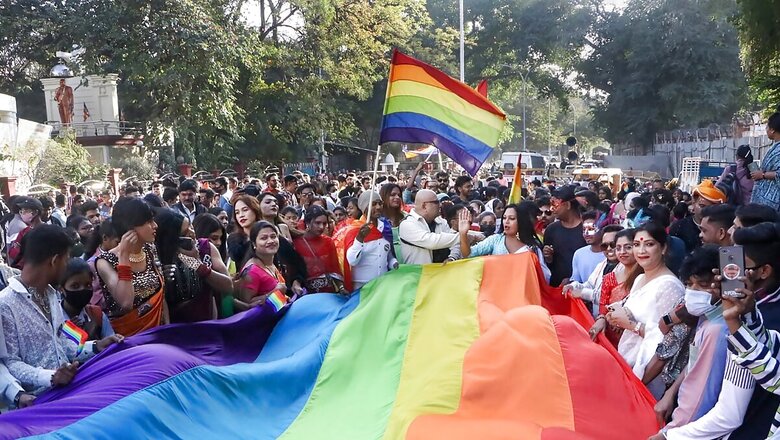
views
In 2009, the Delhi High Court, in a landmark verdict, ruled that intercourse between consenting adults of the same sex would no longer be a crime in India. Then Chief Justice AP Shah and Justice S Muralidhar ruled that punishing sexual activity between two consenting adults under Section 377 of the Indian Penal Code (IPC) violates the right to equality, privacy and personal liberty.
Four years later, in 2013, the Supreme Court struck down the Delhi HC judgment. The apex court, however, upheld it in 2018, renewing hopes of the LGBTQ+ community.
The 2009 Delhi HC ruling that had brought much cheer for the LGBTQ+ community in India is now facing its ultimate test. A five-member Constitution Bench, headed by Chief Justice of India DY Chandrachud, on April 18 started hearing a bunch of petitions seeking legal recognition for marriage equality. The Centre has opposed this, saying same-sex marriage is an “urban elite” view for the “purpose of social acceptance”.
There is no official data on how many homosexual persons there are in India, but according to a 2012 government estimate, the number stood at 2.5 million. Activists, however, claim the number to be as high as 10% of the Indian population.
As per a Pew Research Centre survey, acceptability for homosexuality in India had more than doubled in five years among those surveyed, from 15% in 2014 to 37% in 2019. As societal acceptance grows for homosexuality, is it time for recognition of marriage equality in India? Though there are no easy answers to this difficult question, it’s worth looking at how it played out in other parts of the world, notably in the US.
In 2001, The Netherlands became the first country to recognise marriage quality. According to the Human Right Campaign Foundation, 34 countries, mostly from the Americas and Europe, have legalised same-sex marriages and Taiwan is the only Asian country to do so. While 23 countries, including Australia and Switzerland, have legalised same-sex marriages through legislation, 10 nations, notably the US, have legalised through court orders.
According to Pew Research, acceptance for homosexuality is the highest in North America and Western Europe.
Amid the raging debate in the Supreme Court as to who should decide this difficult and complex issue, the court or Parliament, it would be interesting to know how the law took shape in other countries, especially the US and the UK.
England and Wales allowed gay and lesbian couples to marry in 2014 after months of debate in British Parliament in 2013 that led to passage of a bill brought by the David Cameron government. However, the law prohibits same-sex marriages within the Church of England.
In a policy shift this February, the Church of England decided to bless homosexual couples, though it would continue its practice of not allowing same-sex marriages in church.
As public opinion changed in the US in accepting same-sex unions, in 2015, the Supreme Court allowed homosexual couples the right to marry nationwide in a historic 5-4 narrow ruling in the Obergefell v. Hodges case. The ruling did away with same-sex marriage bans in 14 states.
“No longer may this liberty be denied,” Justice Anthony Kennedy wrote for the majority. Four of the dissenting judges, including Chief Justice John Roberts, felt that the issue of same-sex marriage should be decided not by courts but by the public process.
“This court is not a legislature. Whether same-sex marriage is a good idea should be of no concern to us,” Chief Justice Roberts wrote in a dissent note.
The historic decision was hailed by President Barack Obama who had said the ruling “affirmed what millions of Americans already believed in their hearts”.
Last December, marriage equality became a law in the US, seven years after the country’s top court declared it legal. President Joe Biden signed the Respect for Marriage Act into law on December 13, 2022, adding another layer of protection in case the Supreme Court struck down its own ruling at a future date.
The new law mandates American states not to deny the validity of marriages based on sex, race or ethnicity. In a statement, President Biden said the House vote reaffirmed “a fundamental truth: love is love, and Americans should have the right to marry the person they love.”
Now that the Centre’s urban-elitist argument has been rejected by CJI Chandrachud, all eyes are on the Supreme Court on what is next in the journey of the LGBTQ+ rights in India.
Read all the Latest India News here











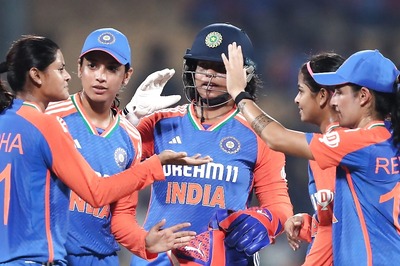
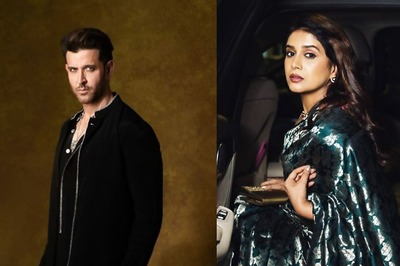
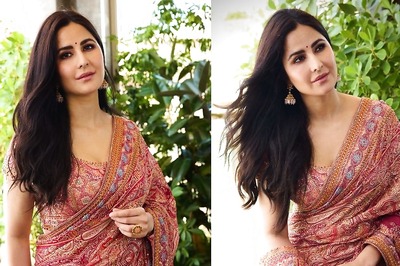


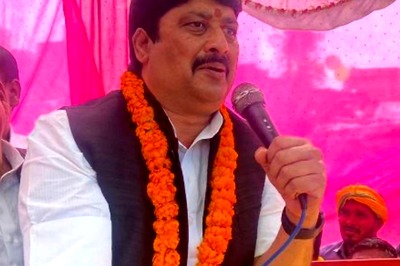



Comments
0 comment